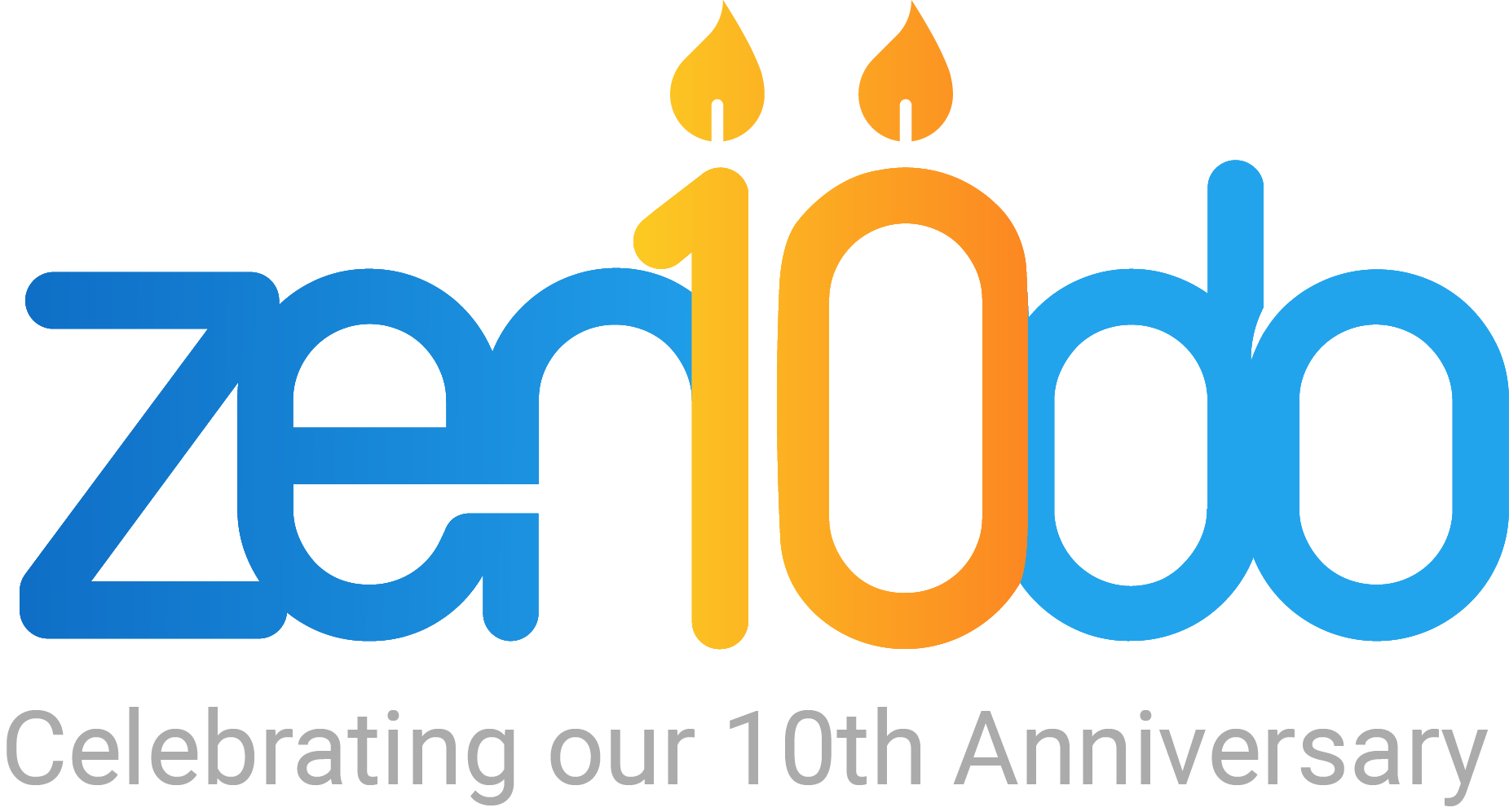Navigating Ethical and Legal Challenges in Smart Renovation Projects
Smart renovation projects are rapidly transforming the building industry, combining energy-efficient technologies like prefabricated façades, building-integrated photovoltaics, heat pumps, and digital measurement and verification tools. Initiatives such as FORTESIE—an EU-funded project with the vision to develop, demonstrate, validate, and replicate innovative renovation packages across Europe—embody this transformation. FORTESIE incorporates smart, performance-based guarantees, financing via a "green-euro" (a potential CBDC) and one-stop-shop digital platforms to boost the Renovation Wave in Europe. Smart renovations promise increased comfort, sustainability, and long-term value. However, alongside these benefits come complex ethical and legal challenges that stakeholders must navigate carefully. Ensuring compliance with laws, protecting privacy, and upholding ethical standards are essential for the success and acceptance of these innovations.
Data Privacy Concerns
One of the foremost ethical concerns in smart renovations is data privacy. Smart devices frequently collect sensitive information, such as occupancy patterns, energy usage, or even biometric data. This raises questions about who owns this data, how it is stored, and to what extent it can be shared with third parties. While some legal frameworks, like the European Union's General Data Protection Regulation (GDPR), offer guidelines, ethical responsibility often goes beyond mere compliance. FORTESIE emphasizes privacy-preserving, open-source architectures, leveraging frameworks like FIWARE, GAIA-X, and OpenDEI to ensure that measurement and verification data remains secure and trustworthy. Projects should adopt "privacy by design" principles.
Legal Liability and Accountability
Another significant challenge lies in legal liability and accountability. When smart systems fail—whether through technical malfunction, software bugs, or security breaches—the question arises: who is responsible? The homeowner, the installer, or the software provider? In FORTESIE's model, renovation outcomes are backed by smart performance-based contracts and financing mechanisms. Defining who is responsible when performance falls short—be it the homeowner, installer, or financier—is crucial. Clear contractual frameworks, warranties, and dispute-resolution clauses should be implemented.
Accessibility and Inclusivity
Smart renovations also bring forward ethical issues of accessibility and inclusivity. While advanced technologies can greatly improve the quality of life, particularly for elderly or disabled individuals, they may also exacerbate inequalities if only affluent households can afford them. FORTESIE's packages are tailored to various target groups and seek replication across six European countries, promoting inclusive access to sustainable energy renovations. Ethical planning should go further by ensuring affordability and by making technologies available through subsidies, gamification, and community programs.
Sustainability and Environmental Responsibility
From a broader societal perspective, sustainability and environmental responsibility are both an ethical imperative and a legal concern. Smart renovations often aim to optimize energy consumption and reduce carbon footprints, but not all solutions deliver on these promises. On the sustainability and environmental responsibility front, FORTESIE's mission is to accelerate the Renovation Wave toward energy-efficient, CO₂-reducing, comfortable living environments using advanced building materials and digital technologies. Still, ethical oversight is necessary to ensure that manufacturers and installers deliver genuine environmental benefits.
Regulatory Uncertainty
Finally, regulatory uncertainty complicates the landscape. Smart technologies evolve faster than legal systems, leading to gaps in consumer protection and safety standards. FORTESIE's one-stop-shop online marketplace and collaborative business models—including contributions from social sciences and humanities—help drive stakeholder trust, co-design, and policy recommendations. Smart renovation projects should similarly engage regulators early and advocate for adaptive legal frameworks.
Conclusion
In conclusion, navigating the ethical and legal challenges of smart renovation projects requires a balance of innovation, responsibility, and foresight. The path toward smart, sustainable renovation—exemplified by the FORTESIE project—demonstrates how innovation can harmonize with ethical and legal responsibility. Addressing privacy, liability, inclusivity, sustainability, and governance in integrated, transparent, and forward-looking ways ensures that smart renovation delivers on its promise: smarter, fairer, and greener living for all.

